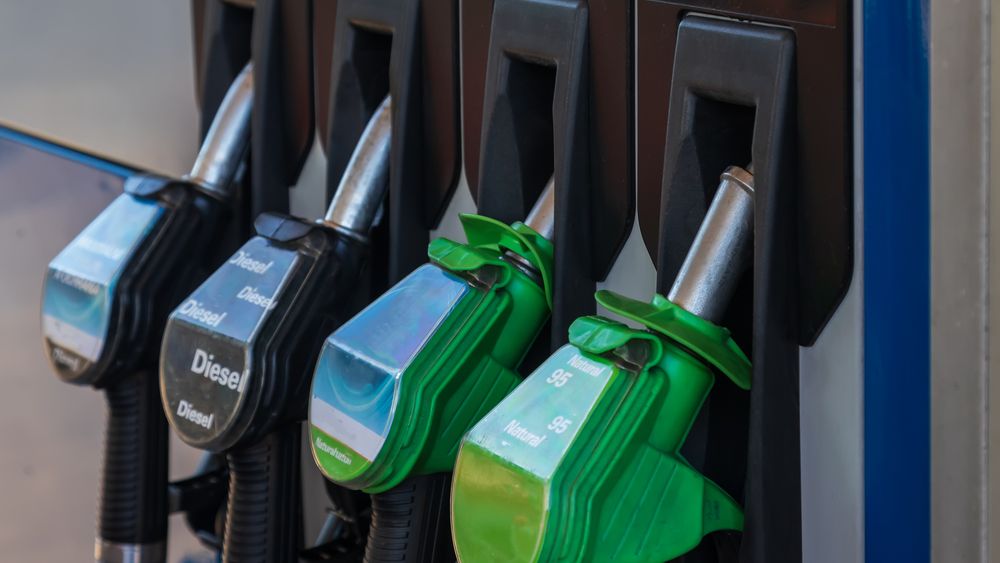The price gains from the previous day after the interest rate hike in the USA are already wasteland just one day later. A tighter monetary policy by the central banks of Hong Kong, England…
NEW YORK (dpa-AFX) – The price gains from the previous day after the rate hike in the USA are just a day later waste again. A tighter one monetary policy of the central banks of Hong Kong, England and, surprisingly, Switzerland as well, made the risks of global inflation once again clearly visible to investors on Thursday – together with the associated danger of a recession.
In this extremely bad environment for shares, the Dow Jones Industrial (Dow Jones 30 Industrial) lost 2.42 percent to 29,927.07 points. The stock market barometer fell below the 30,000 mark for the first time since the beginning of last year. Since the record high in November 2021, the Dow has lost around a third.
The market-wide S&P 500 lost 3.25 percent to 3666.77 points. The technology-heavy NASDAQ 100 dropped even more sharply by 4.02 percent to 11,127.57 points.
With the strong interest rate hike from the previous day, the US monetary authorities want to combat high inflation, but at the same time fueled fears of a recession. The economist Allison Boxer from the wealth manager Pimco spoke of “risks that the willingness of the Fed to fight inflation at any price ultimately comes at the expense of growth and employment”. There is a risk that the Fed will tighten interest rates too much.
Meanwhile, investors were caught on the wrong foot by the interest rate move by the Swiss National Bank. This increased the key interest rate by 0.5 percentage points. This should fuel concerns about global economic growth. The Bank of England raised interest rates by 0.25 percentage point, in line with market expectations. In Hong Kong, too, the central bank continued to tighten interest rates.
Tesla was the focus of attention on the US stock exchanges with a price setback of 8.5 percent. Apparently, investors resented the electric car maker for raising its vehicle prices in the domestic US market. In view of rising financing costs when buying a car, consumers could do without, said a dealer.
In the Dow index, Boeing’s shares held up comparatively well with a minus of 0.3 percent. The US bank Citigroup had upgraded the aircraft manufacturer’s shares to “buy”. In addition, a manager from Boeing hoped that the 787 Dreamliner model would be delivered soon. Due to technical problems, hundreds of aircraft of this type have been on the heap since the end of 2020.
Shares in Abbott Laboratories fell 2.6 percent after the company announced a weather-related shutdown of baby food production at a US site.
McDonald’s (McDonalds) was down 1.6 percent, holding up fairly well in a very weak market. The fast food chain pays 1.25 billion euros in France in a dispute over tax payments to end the proceedings.
The euro rose on weak economic data from the US, trading at $1.0558 in late New York trade. The European Central Bank (ECB) had previously set the reference rate at 1.0400 (Wednesday: 1.0431) dollars, the dollar had cost 0.9615 (0.9587) euros.
US bonds that are considered safe were in demand in view of the severe losses on the stock exchanges. The futures contract for ten-year Treasuries (T-Note Future) rose by 0.95 percent to 116.25 points. In return, the yield on ten-year government bonds fell to 3.24 percent./bek/he
— By Benjamin Krieger, dpa-AFX —
–

